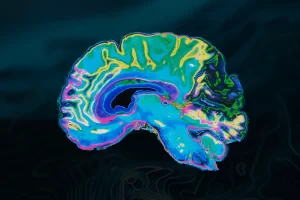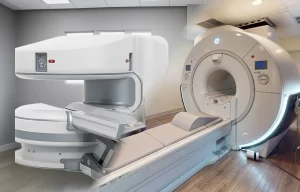Tesla MRI highlights two presentations at the virtual RSNA meeting, underscoring the potential benefits of routine MRI screening for women with a personal history of breast cancer. While significant organizations recommend MRI breast screening for specific groups, recent research suggests that other at-risk populations could benefit from this advanced screening method.
One of the studies, presented by Dr. Stamatia Destounis from Elizabeth Wende Breast Care and the University of Rochester, focused on women with a history of breast cancer who may not have genetic mutations or a family history that qualifies them for routine MRI screening. Despite not being included in screening guidelines, MRI screening in this group detected many malignancies, almost comparable to the detection rate in women with genetic mutations.
A second study by Dr. Su Hyun Lee from Seoul National University Hospital explored using abbreviated MRI (AB-MRI) in women with a history of breast cancer. The study included 1,023 women who underwent screening with mammography, ultrasound, and abbreviated MRI. AB-MRI detected significantly more breast cancers than mammography and ultrasound, with no cancers found on ultrasound or mammography alone.
In both studies, MRI screening demonstrated the potential to detect breast cancers that may have been missed by other screening methods, highlighting the importance of considering MRI as a stand-alone screening modality for women with a personal history of breast cancer. The promise of shorter, abbreviated MRI protocols also holds the potential for more efficient and effective screening.
Tesla MRI remains dedicated to providing its patients with the most advanced screening and diagnostic technology, ensuring early detection and better treatment outcomes for those at risk of breast cancer.




